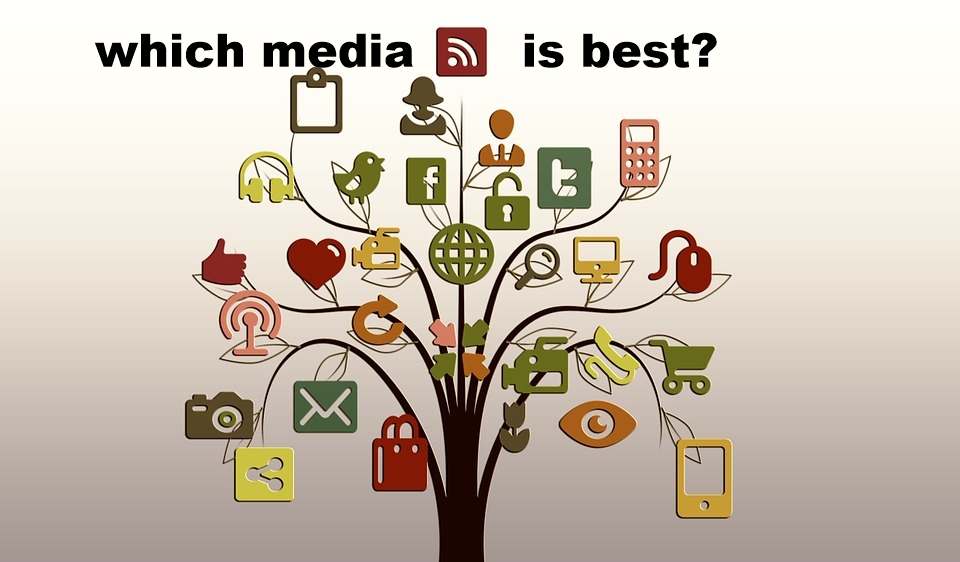
Radio, TV, internet, various social media, print, magazines, video blog, podcast … researchers and communicators now have a plethora of communication media that they can use to tell their story.
But which one is best? And what do we mean by ‘best’?
In my last blog, we looked at your question “how do I best tell my research story?”
And my answer is: “What do you want to say, and who to?”
Answering this question not only helps you plan your story, but also helps you select the best medium that can best address your story.
When you start the communication planning process, you may even realise you actually need a number of media to explain your story, especially where you have a complex problem and a number of target audiences who may all use different media.
Each medium has its advantages and drawbacks in the message(s) it can send and receive:
- Newspaper / Print – great for distributing facts, figures and opinions, but terrible for enabling a clash of ideas – it can get really one sided!
- Radio and podcasting (sound) – fantastic for setting a scene and promoting an emotion, you just can’t use your eyes (which can also be a positive while your audience is driving!).
- Photos, video and television (sight) – wonderful for telling a story with emotion, horrible for telling a lot of facts.
- Website – nice for presenting print, audio and video files all in one place, as long as your audience has the appropriate device, online bandwidth and required access for the story.
- Social media – brilliant for narrowcasting to particular audiences and receiving feedback from them, but only to those who want to hear that message. It’s also becoming very poor for broadcasting to a wide community as audiences for social media become more fragmented.
Each medium can play an important role in telling a research story – we just have to select the right media. In upcoming blogs, I will discuss each medium in more detail, including how it can be used to tell a story, and importantly who will be more likely take notice!
To help you develop your research message and select the most appropriate way to say it, contact The Comms Doctor® via email contact@thecommsdoctor.com.au or visit the Comms Doctor® website.

